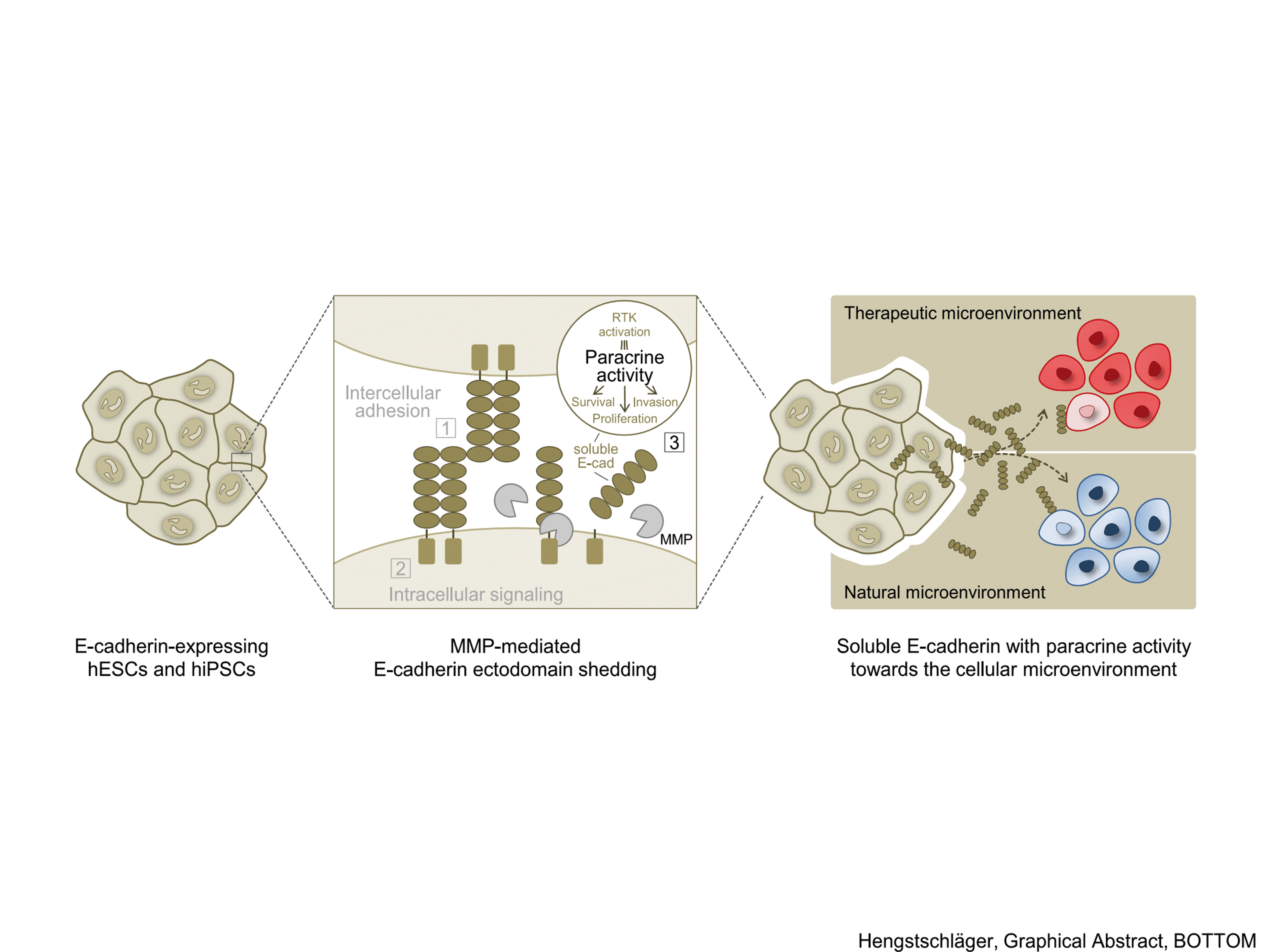
(Vienna, 12 July 2016) The Nobel prize for medicine has been awarded for the cultivation of human embryonic stem cells and also for the development of human induced pluripotent stem cells. One of the reasons for this was that these cells are not only important in terms of foundational research but are also bound up with the hope of achieving a paradigm shift from the current reparative medicine to restorative medicine. The spectrum of human diseases for which it is hoped to develop new treatments using such stem cells ranges from heart attacks through cancer, neurodegenerative diseases such as Parkinson's or Alzheimer’s and diabetes to a large number of rare genetic diseases.
Many of these new therapeutic approaches are already being tested in clinical trials (see: https://clinicaltrials.gov/ct2/results?term=embryonic+stem+cells&Search=Search; https://clinicaltrials.gov/ct2/results?term=induced+pluripotent+stem+cells&Search=Search).
In most cases the basic principle is to use these stem cells to produce specific human cells (heart muscle cells, nerve cells, islet cells, etc.) in the laboratory for transplantation into the patient, in the hope that this will help the tissue or organ to regenerate so that it can fully resume its normal function. "However a problem with this is that undifferentiated stem cells, small quantities of which are usually still present in the transplanted cell mixture, can trigger tumors in the patients. Even if this aspect is always considered, so that everything possible is done to suppress it during treatment, there have been and still are many side effects of such stem cell treatments that are as yet unexplained," explains Markus Hengstschläger, Head of the Department of Medical Genetics at MedUni Vienna.
MedUni Vienna researchers offer the first explanation for poorly understood side-effects
In a study that has recently been published in the leading journal "Stem Cells" (one of the two most quoted stem cell research journals in the world), the working group headed by Markus Hengstschläger has now offered a possible explanation for these phenomena for the very first time: "Human pluripotent stem cells release a protein known as 'soluble E-cadherin' that can cause degeneration, migration and the development of tumors in the cells this protein reaches. We therefore now know that stem cells that are used in therapy send signals to the patient's normal cells that can result in very serious health risks for the patient."
Hengstschläger: "For the first time, these new findings offer an explanation for the often poorly understood side-effects of stem cell treatments and possibly also provide an opportunity to make such treatments more effective and safer for patients by blocking these signals sent out by the stem cells," explains Markus Hengstschläger. "We are delighted that many of our international colleagues, who are aware of our new findings from congresses, are already thinking about using this knowledge immediately to improve the treatment of patients – and that is precisely what we hope to see from translational medicine."
Service:
Human pluripotent stem cells release oncogenic soluble E-cadherin
Margit Rosner and Markus Hengstschläger
STEM CELLS doi:10.1002/stem.2461
http://onlinelibrary.wiley.com/doi/10.1002/stem.2461/epdf
